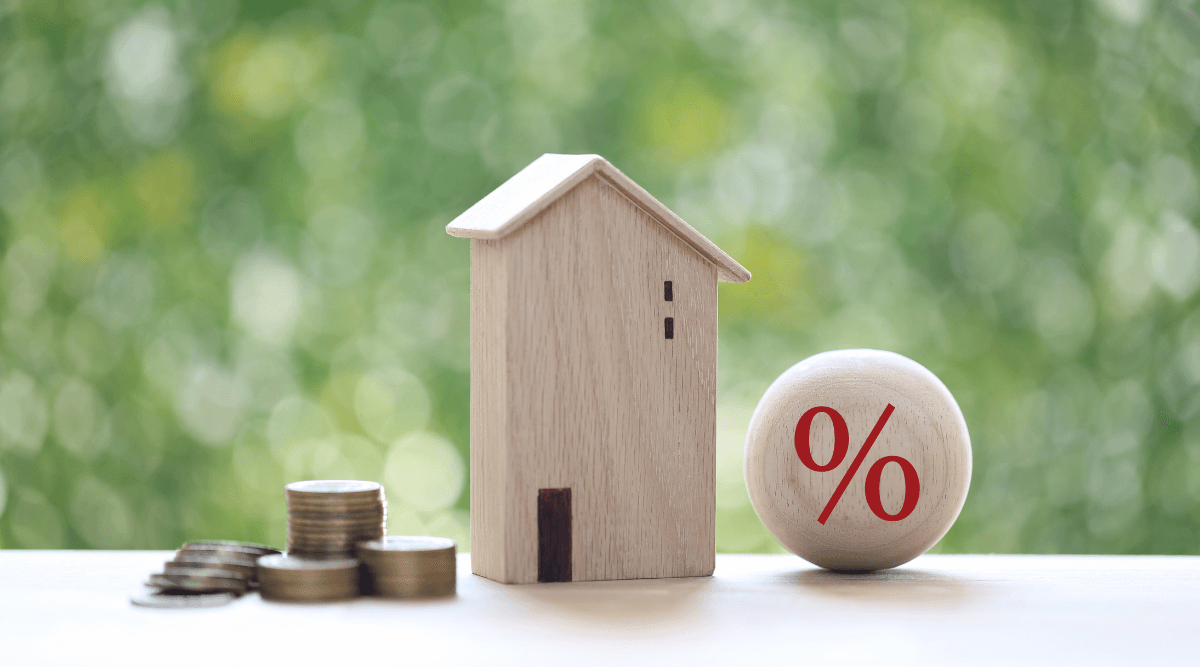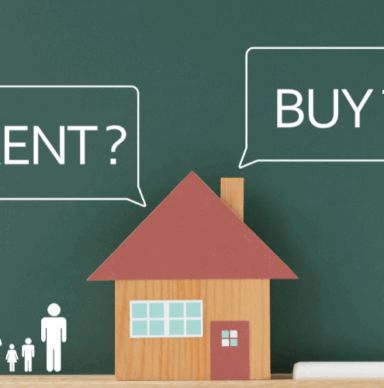In a market that’s constantly evolving, you’ve probably heard plenty of recent discussion about interest rates and how they affect mortgage holders. If you’re confused by an overload of information, you aren’t the only one! We’ve cut through the financial jargon and translated how interest rates affect monthly mortgage payments into plain English that’s easy to understand.
How Are Mortgage Rates Set?
Your mortgage rate is determined by several factors, including your credit rating, the type of mortgage you apply for, the length of your mortgage term, and the overnight rate set by the Bank of Canada.
Variable mortgages, as the name suggests, have a variable interest rate, meaning that the amount of interest you pay on your mortgage changes depending on the market. Meanwhile, fixed mortgages have their rates locked in for the length of the term.
Your credit rating has a significant impact on the interest rate banks will offer you when you apply for a mortgage. If your rating is lower than 700, you may have difficulty getting approved. As a result, one of the best ways to score a lower interest rate on your mortgage is to improve your credit rating before applying.
What is the Impact of Interest Rates on Monthly Mortgage Payments?
The rate set by the Bank of Canada has the strongest influence on variable mortgage rates. When interest rates increase, so does the cost of a variable mortgage. In contrast, when they decrease, a variable mortgage becomes more affordable.
A fixed-rate mortgage typically has a higher interest rate at the outset, but the advantage is that you are immune to interest rate fluctuations for the duration of the mortgage term (5 years, 10 years, etc.). Your monthly payments remain predictable, making financial planning easier.
How Do Interest Rate Hikes Impact Your Monthly Mortgage Payments?
Interest rates affect you differently depending on whether you own your home yet. As a prospective homebuyer applying for a mortgage, higher interest rates will mean that you can’t afford as large a mortgage, because your monthly payments will be higher.
For current homeowners, those with variable mortgages will see that more of their mortgage payments go towards paying off interest rather than the principal loan. However, the actual payment remains the same. The disadvantage to a variable mortgage is that you’re somewhat at the mercy of the market, and if rates remain high, it will take you longer to pay off your mortgage.
Secure Your Dream Home with JAAG Properties
If you’ve struggled to qualify for a traditional mortgage in an ever-changing housing market, you aren’t alone. We help countless Canadians create a path to homeownership through our Rent to Home Solution, which allows you to live in your dream home while saving the funds to buy it. Apply online today or contact us to get started on your journey towards owning the home you’ve always wanted!



